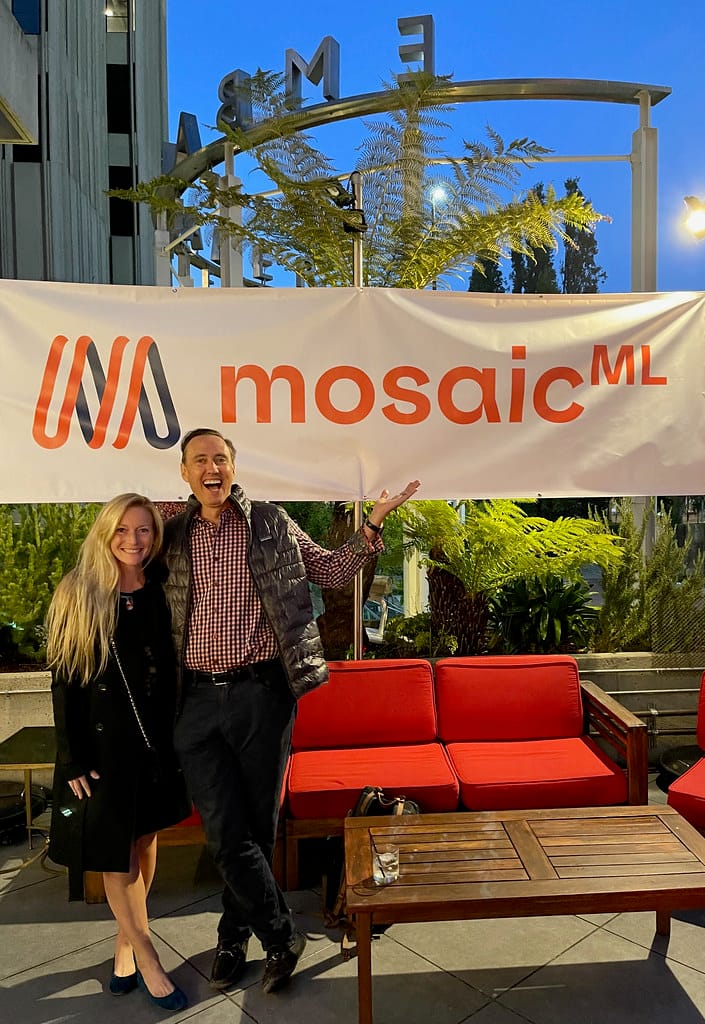Cloudflare Revolutionizes AI Training Economics: Publishers Finally Get Paid for Their Content
Web infrastructure giant Cloudflare has unveiled a groundbreaking "pay-per-crawl" system that could fundamentally reshape how AI companies access and compensate publishers for training data, potentially ending years of unauthorized content scraping.
The new system, announced this week, represents a seismic shift in the ongoing battle between content creators and AI developers over data rights and compensation. For the first time, publishers will have granular control over their content while earning revenue from every AI training request.
The End of Free-for-All AI Scraping
Cloudflare's innovative approach addresses a critical pain point that has plagued the digital publishing industry since the AI boom began. Major AI companies like OpenAI, Google, and Anthropic have traditionally scraped web content en masse to train their large language models, often without permission or compensation to content creators.
Under the new system, publishers can set custom pricing for different types of AI access to their content. A news article might cost $0.01 per crawl, while premium research content could command $0.10 or more. Publishers maintain complete control over pricing tiers, content categories, and which AI companies can access their material.
"We're essentially creating a marketplace where content has measurable value in the AI economy," explained Cloudflare CEO Matthew Prince during the announcement. "Publishers invest significant resources in creating quality content, and they deserve compensation when that content powers AI systems worth billions."
How the Pay-Per-Crawl System Works
The system operates through Cloudflare's existing content delivery network, which already serves over 20% of global web traffic. When an AI company's crawler attempts to access publisher content, Cloudflare's system:
- Identifies the crawler and its purpose
- Checks the publisher's pricing preferences
- Either blocks access or processes payment in real-time
- Provides detailed analytics on crawling activity and revenue
Publishers can set different rates for various AI applications. Training a general chatbot might cost less than scraping content for a specialized medical AI system. The granular control extends to setting higher rates for exclusive access periods or premium content tiers.
Industry Response and Early Adoption
The announcement has generated significant interest from both publishers and AI companies. The New York Times, which recently sued OpenAI over unauthorized use of its content, expressed cautious optimism about the system's potential to create "fair compensation frameworks."
Several mid-tier publishers have already signed up for early access to the system. TechNewsDaily, a digital publication with 2 million monthly readers, estimates it could generate $15,000-30,000 annually from AI crawling revenue alone.
"This could be a game-changer for independent publishers," said Sarah Chen, TechNewsDaily's CEO. "We've watched our content train AI systems that compete with us for reader attention. Now we can actually benefit from that relationship."
However, some major AI companies have expressed concerns about the potential costs. Training state-of-the-art language models already requires billions of data points, and per-crawl fees could significantly impact development budgets.
Technical Innovation Meets Legal Pressure
Cloudflare's timing appears strategic, coinciding with increasing legal pressure on AI companies over copyright and fair use issues. Recent lawsuits from publishers, artists, and writers have challenged the assumption that web scraping for AI training falls under fair use protections.
The system also addresses growing regulatory scrutiny. The European Union's AI Act and proposed U.S. legislation both emphasize creator compensation and consent in AI development processes.
From a technical standpoint, the pay-per-crawl system leverages Cloudflare's edge computing infrastructure to make real-time payment processing feasible at internet scale. Each crawl request triggers micro-transactions processed through integrated blockchain and traditional payment systems.
Implications for the AI Ecosystem
This development could fundamentally alter AI development economics. Smaller AI companies might face higher barriers to entry due to data acquisition costs, while established players with significant resources could gain competitive advantages by securing exclusive content deals.
The system also incentivizes higher-quality content creation, as publishers can now directly monetize their editorial investments through AI training revenue streams.
Looking Ahead: A New Digital Economy Model
Cloudflare's pay-per-crawl system represents more than a technical innovation—it's a potential blueprint for balancing AI innovation with creator rights in the digital economy. As the system rolls out over the coming months, its success could inspire similar platforms and fundamentally reshape how we think about data value and compensation in the AI age.
For publishers struggling with declining ad revenues and increased competition from AI-generated content, this system offers a path to participate in—rather than be displaced by—the AI revolution.

